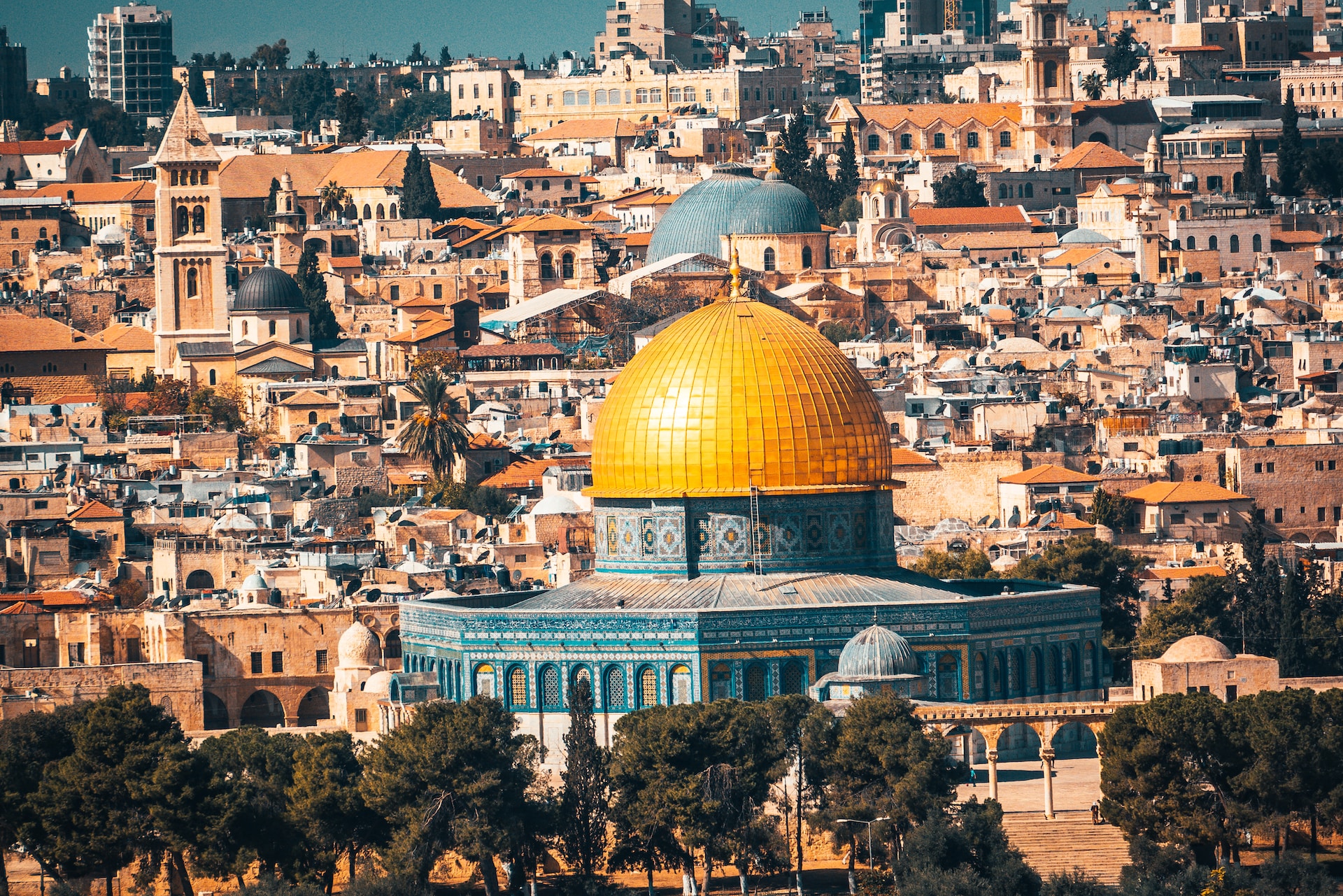The Complex Dynamics of Territorial Disputes: Insights from Israel-Palestine Conflict

The ongoing conflict between Israelis and Palestinians over a shared homeland is a stark reminder of the historical and emotional complexities tied to territorial disputes. Stemming from deeply entrenched historical narratives and cultural identities, the struggle over this land encapsulates the broader theme of territorial conflict that has been a recurring cause of strife globally.
Territorial Significance and Identity
Territory plays a pivotal role in defining national identities and ensuring survival. For Israelis and Palestinians, the land in question is not just a piece of earth but a symbol of their historical, cultural, and religious identities. Both groups have strong historical claims to the same swath of land, known as Israel or Palestine, depending on perspectives, and many believe coexistence in this shared space is unattainable.
The Role of Territory in Nationalism and Security
Nations often tie their identities to their territories, with historical and cultural legacies deeply embedded in the land. Control over territory ensures access to essential resources, security, and a sense of belonging. It shapes societal values and cultural practices, playing a crucial role in government formation and cultural preservation.
Global Perspective: Territorial Conflicts Beyond Israel and Palestine
The Israeli-Palestinian conflict is not unique in its nature. History is replete with territorial disputes, such as the conflict over Alsace-Lorraine between France and Germany, and the more recent war in Ukraine. These conflicts often stem from competing national identities and claims to the same land.
Historical Precedents: Lessons from Europe and Northern Ireland
Post-World War II Europe and Northern Ireland’s Troubles offer valuable insights into resolving such deep-rooted conflicts. In both cases, historical enemies overcame their differences to establish peace. The Good Friday Agreement in Northern Ireland and the European Union’s formation are testaments to the possibility of reconciliation and shared futures.
Jerusalem: A City at the Heart of the Conflict
Jerusalem epitomizes the complexity of the Israel-Palestine dispute. As a city holding significant religious sites for Jews, Muslims, and Christians, it remains a focal point of emotional and spiritual attachment for all three Abrahamic faiths, further complicating the territorial dispute.

The Two-State Solution and Current Challenges
Discussions around a two-state solution, with a shared capital in Jerusalem, have been pivotal in past peace talks. However, the increasing violence in Gaza and the West Bank complicates these narratives, deepening the sense of existential threat felt by both Israelis and Palestinians.
The Path to Peace
For lasting peace, similar to what was achieved in Europe and Northern Ireland, Israelis and Palestinians need to engage in sustained dialogue and diplomacy. International cooperation and a willingness to understand the other’s deep historical ties to the land are essential. However, the unique nature of the Middle East conflict, coupled with centuries of mistrust and suffering, presents formidable challenges.
Conclusion: The Cost of Territorial Attachment
The Israel-Palestine conflict underscores a tragic aspect of deep territorial attachment: it often fosters a sense of belonging for one group at the expense of another. The road to peace requires not just political agreements but a transformation in the way people relate to the land and each other. As history shows, while such transformations are challenging, they are not impossible.
©globalpeacemovement.org
